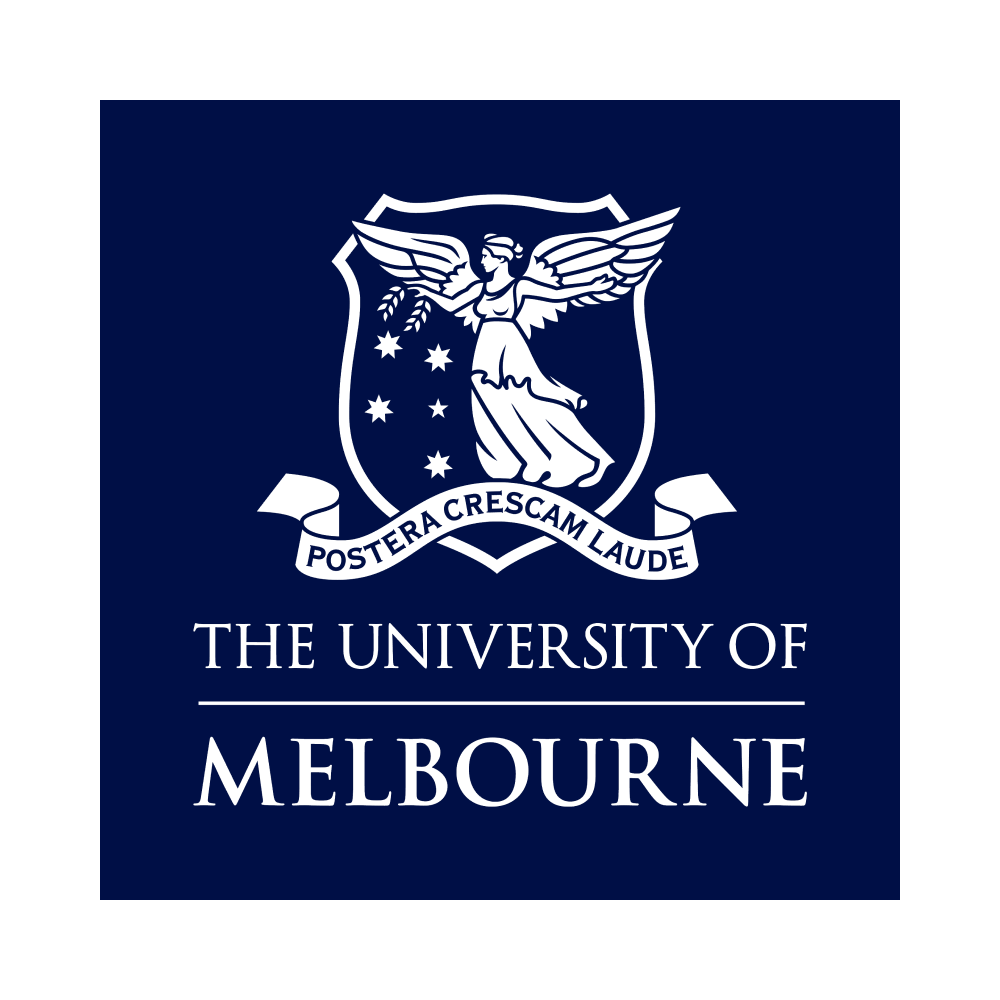University of Melbourne
Graduate Diploma in International Law
- Delivery: Face to Face
- Study Level: Postgraduate
- Duration: 6 months
- Course Type: Graduate Diploma
A specialised program designed for legal professionals and graduates seeking to deepen their understanding of international legal principles, covering areas such as human rights, trade law and dispute resolution.

Course overview
The Graduate Diploma in International Law is a diverse program that allows you to specialise in a key area or gain a broader qualification in international law.
It’s ideal for international legal practitioners, scholars and those working in international agencies or non-government organisations who are looking to gain specialised knowledge in the area.
As a student, you can choose from a wide array of subjects, including international humanitarian law, international criminal law, international economic law, finance, tax, law and development and international arbitration.
Key facts
June, 2026
July, 2026
August, 2026
December, 2026
What you will study
Students must complete 50 credit points of study from the prescribed list of subjects. Each subject is valued at 12.5 credit points.
This introductory subject is compulsory for graduate diploma students with no previous training in law. It is highly recommended for international students who do not have a degree from a common law jurisdiction. Students are advised to attend Australian Legal Process and Legal Institutions prior to undertaking any other subject.
- Australian Legal Process and Legal Institutions (zero credit points)
Entry requirements
To be considered for entry into this course, you must have completed one of the following:
- Bachelor of Laws degree (LLB) (AQF7) or a Juris Doctor (JD) (AQF9) leading to admission to legal practice with a weighted average mark (WAM) of 70%, or equivalent.
- Bachelor of Laws degree (LLB) (AQF7) or a Juris Doctor (JD) (AQF9) or equivalent, leading to admission to legal practice and one year of documented relevant experience.
- Bachelor's degree (AQF7) or equivalent in a cognate (relevant) discipline, one year of documented relevant experience.
Cognate (relevant) disciplines include: International studies, international relations and foreign affairs.
Relevant experience for this course may include legal roles such as a lawyer, solicitor, advocate, attorney, counsel, barrister, magistrate, or judge's associate or roles in international agencies or non-government organisations.
English language requirements
All applicants to the University of Melbourne must satisfy the English language requirements. This may be achieved in a number of ways, including a recognised previous study taught and assessed entirely in English or an approved English language test.
Contact the university or visit its website for more information.
Recognition of Prior Learning
Prior studies may be credited towards your degree and potentially reduce the duration of your course. This is known as Advanced Standing (also known as credit or recognition of prior learning). Contact the university for more details.
Outcomes
Learning outcomes
As a student in the Graduate Diploma of International Law, you’ll develop an advanced understanding of the complex body of knowledge in the field of international law, including:
- The nature, major principles, processes and structures of the international legal system and the relationship between international and domestic law.
- Legal issues in contemporary public and international affairs.
- The increasing significance of international law domestically, regionally and globally.
You’ll also develop skills in critical analysis and the ability to interpret and transmit your ideas to specialist and non-specialist audiences.
Fees and FEE-HELP
Indicative first-year and total course fee in 2026: $24,992 (domestic full-fee paying place)
The indicative fee shown is based on a full-time study load of 50 credit points (four subjects).
Student fees may vary in accordance with:
- The number of subjects studied per term.
- The choice of major or specialisation.
- Choice of subjects.
- Credit from previous study or work experience.
- Eligibility for government-funded loans.
You may also need to pay the student services and amenities fee.
Student fees shown are subject to change. Contact the university directly to confirm.
FEE-HELP loans are available to assist eligible full-fee paying domestic students with the cost of a university course.








